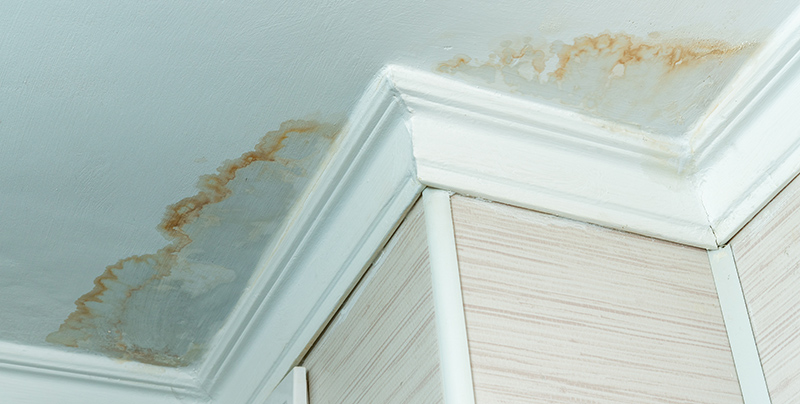
One of the most common—and costly—issues I encounter in homes is water leakage. While a small drip may seem harmless, undetected leaks can escalate quickly, causing structural damage, high utility bills, and mould growth. Detecting leaks early can save you a significant amount of time, money, and stress. Here’s a guide to help you spot leaks in your home’s plumbing system before they become a bigger problem.
Common Signs of a Water Leak
Leaks often go unnoticed until they’ve already caused damage. Keep an eye out for these common indicators:
1. Unusual Water Bills
If your water usage hasn’t changed but your bill has gone up, it could be a sign of a hidden leak. Compare your current bill with previous months to identify unusual spikes.
2. Water Meter Activity
One of the simplest ways to check for a leak is by monitoring your water meter. Turn off all water fixtures in your home, including appliances, and observe the meter. If it continues to move, there’s likely a leak somewhere.
3. Damp or Discolored Walls and Ceilings
Water stains, peeling paint, or bubbling wallpaper are often caused by moisture from a leak behind the walls or ceiling.
4. Mould and Mildew
Persistent moisture creates the perfect breeding ground for mould. If you smell musty odours or see visible mould, especially in areas not typically damp, a leak could be the culprit.
5. Running Water Sounds
If you hear water running when all taps and appliances are off, there might be a hidden leak within your walls or under the floor.
6. Low Water Pressure
Leaks in your plumbing system can reduce the amount of water reaching your fixtures, resulting in noticeable drops in pressure.
7. Cracks in the Foundation
Over time, water leaking beneath your home can lead to shifting soil and cracks in the foundation—this is a serious sign that should be inspected by a professional immediately.
Why Unfixed Leaks Are a Big Problem
Ignoring a leak doesn’t make it go away—it only makes things worse. Here’s what can happen if a leak is left untreated:
- Structural Damage: Water weakens wood, drywall, and concrete. Long-term leaks can compromise the structural integrity of your home.
- Mould Growth: Mould isn’t just unsightly; it can be hazardous to your health, especially for those with allergies or respiratory conditions.
- Wasted Water and Money: A minor leak can waste thousands of gallons of water per year, significantly increasing your water bill.
- Electrical Hazards: Leaks near electrical wiring or outlets can create dangerous conditions that may lead to fires or electrocution.
Why Early Detection Matters
Detecting a leak early allows you to:
- Minimize repair costs by addressing issues before they spread.
- Avoid extensive water damage and the need for major renovations.
- Protect your family’s health from mould and mildew exposure.
- Conserve water and reduce your environmental footprint.
In some cases, early detection could even help with insurance claims, as policies may cover sudden damage but not long-term neglect.
Final Tips
- Regular Inspections: Check under sinks, around toilets, behind appliances, and in basements regularly.
- Use Technology: Smart water leak detectors and moisture sensors can alert you to leaks before you notice them yourself.
- Call a Professional: If you’re unsure about a possible leak or if you suspect one but can’t find the source, call a licensed plumber. We have the tools and expertise to locate and fix leaks efficiently.
Conclusion
Water leaks may start small, but the consequences of ignoring them are anything but minor. By learning to spot the signs early and acting quickly, you can avoid costly repairs, maintain a safe and healthy home, and conserve valuable resources. Don’t wait for visible damage—stay proactive and keep your plumbing system in check.
If you suspect a leak, reach out to a qualified plumber today (we know a great one 🙂 ). It’s always better to be safe than soaked.
